
TNT Theatre Britain Hamlet

TNT Theatre Britain Hamlet
Event details
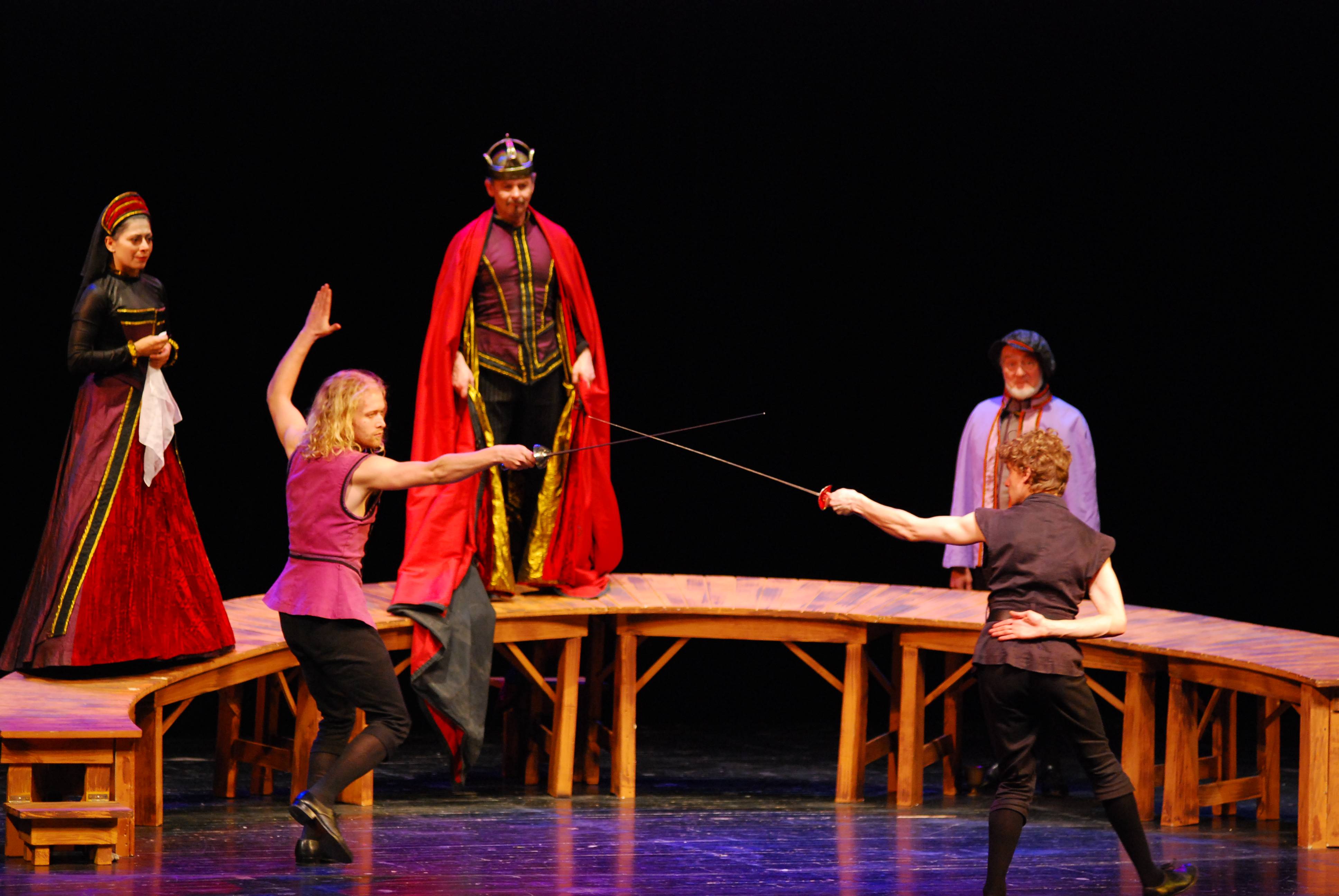
As the first of William Shakespeare's four great tragedies, Hamlet was written between 1599 and 1602. The complexity of its characters and the richness and perfection of its tragic artistry represent the highest achievement of Western Renaissance literature.
Prince Hamlet's father dies a violent death, his mother remarries the king's brother a month later, and a new king takes the throne. Hamlet sees his father's ghost at night, crying out that he was poisoned by his brother and pleading with Hamlet to avenge his death. Hamlet feigns madness, but loses himself in the process of carrying out his revenge. The world, for him, becomes a filthy quagmire. The desire for sex and arousal becomes an abyss of horror. Friends become his stepfather's eyes and ears, and even his lover Ophelia becomes a pawn in the conspiracy.
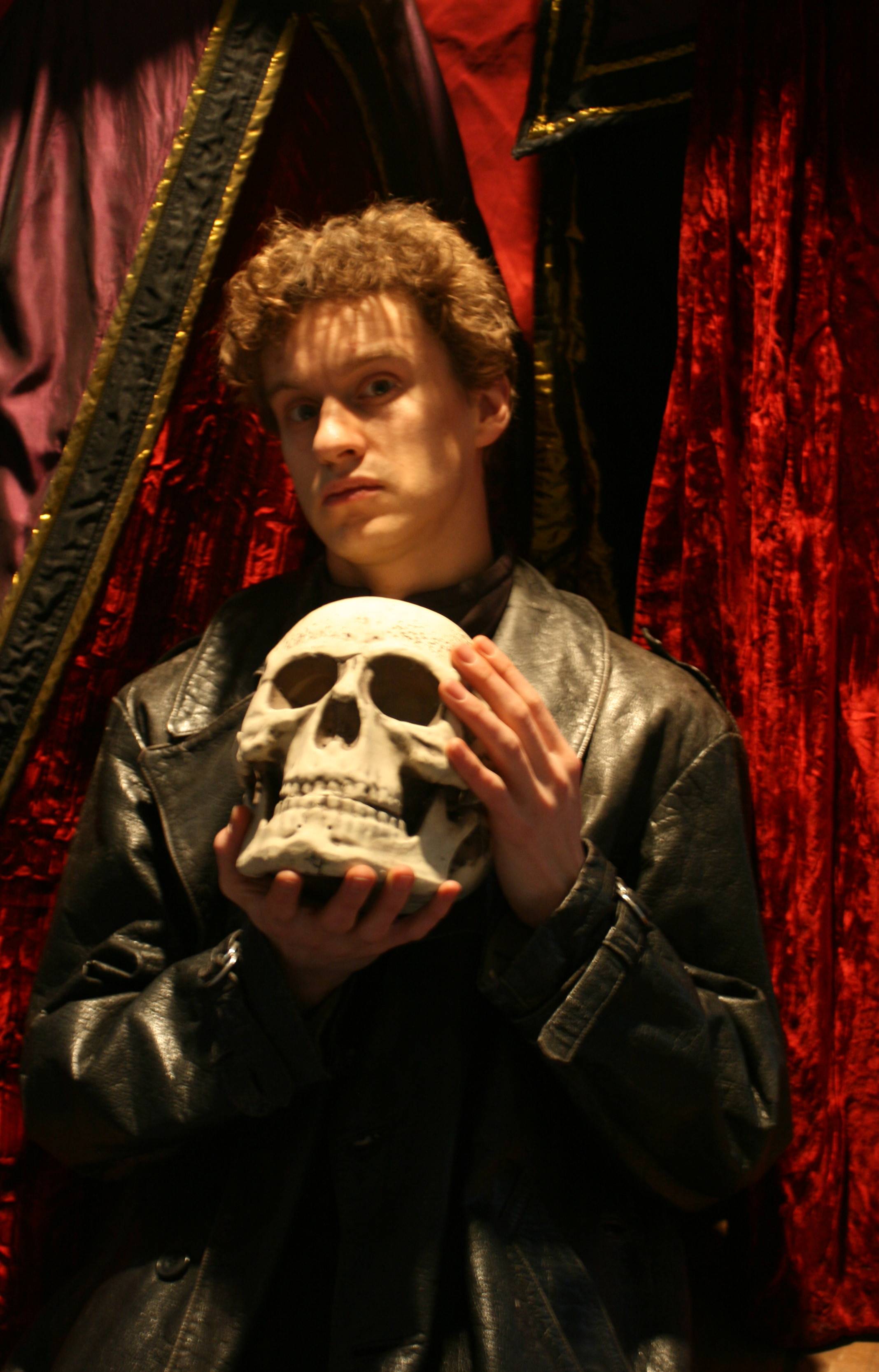
Hamlet mistakenly kills Ophelia's father, Polonius, who is hiding behind a curtain and listening. His mother and stepfather cover up the murder and arrange for him to leave the country. Ophelia, unable to bear all this, committed suicide. When the king finally decides to get rid of Hamlet, Hamlet also seizes the opportunity to deliver the final blow to his stepfather.
Shakespeare recreates the depraved political ecology of the Danish royal family, where murder, betrayal, usurpation of power and the desire for sex become weapons in the defence of royal authority, and Hamlet's life becomes a thoroughly psychedelic tragedy.
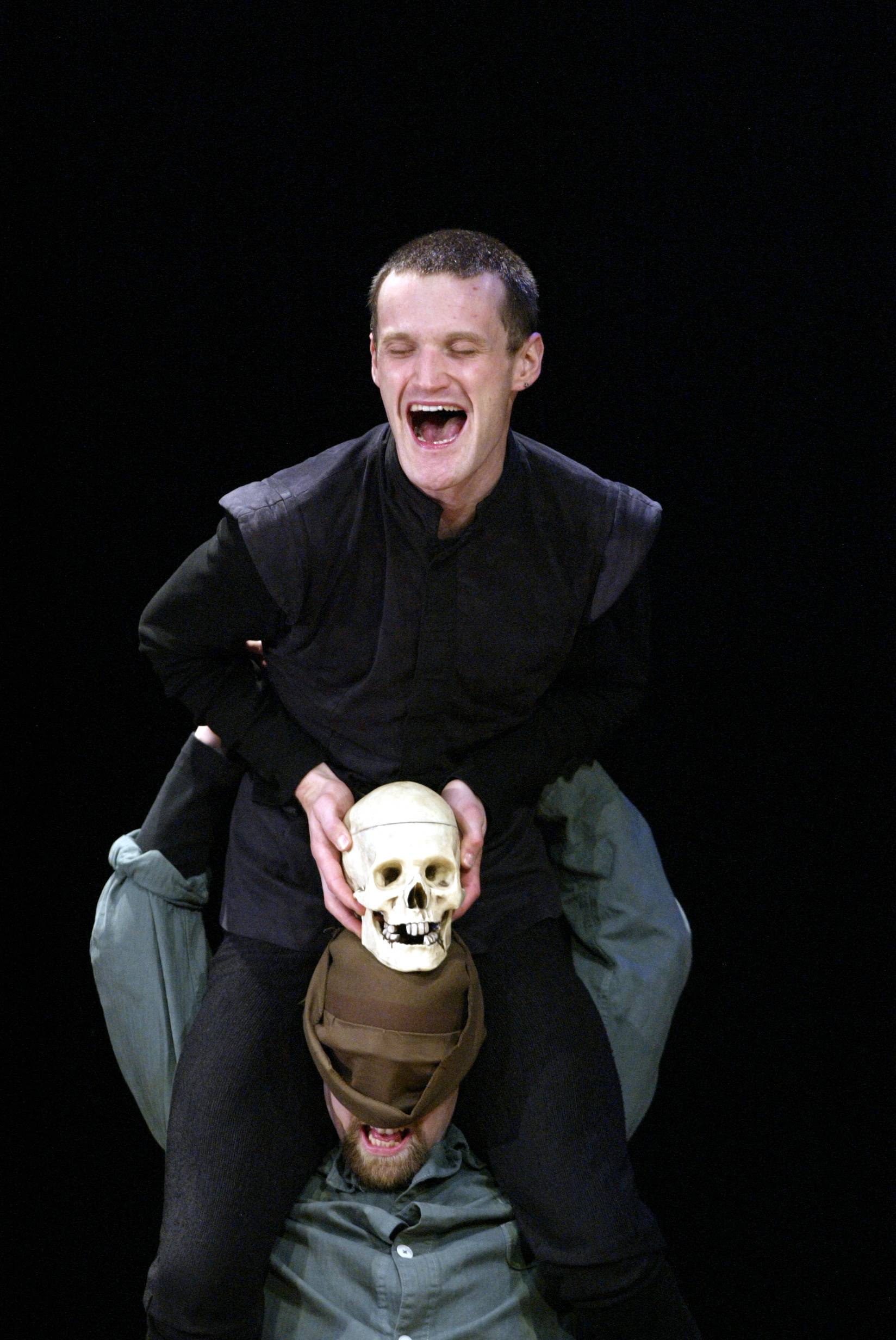
TNT Theatre's Shakespeare series has been performed thousands of times in more than 20 countries around the world. Paul Stebbing, Artistic Director, says Shakespeare's work is an immensely deep and rich theatrical treasure, with beautiful poetic gifts and deeply drawn themes and characters. We often feel that he is with us because we have so much in common with the theatres of Shakespeare's time, such as the versatility of the actors, the multiple roles played by one person, the gender switching of actors and roles, and the live music, to name but a few. Our performances will inspire the endless imagination of our audiences.
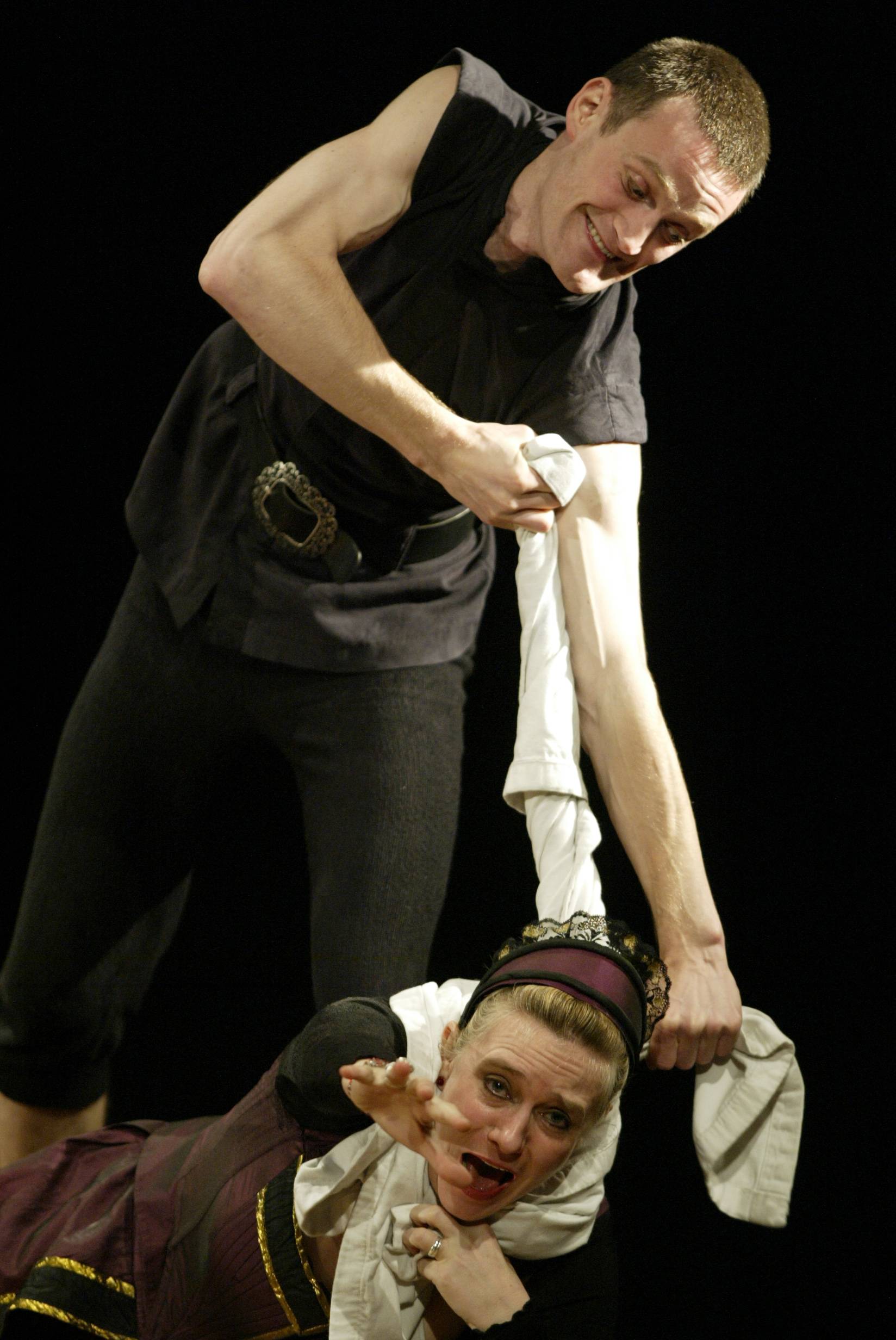
Notice
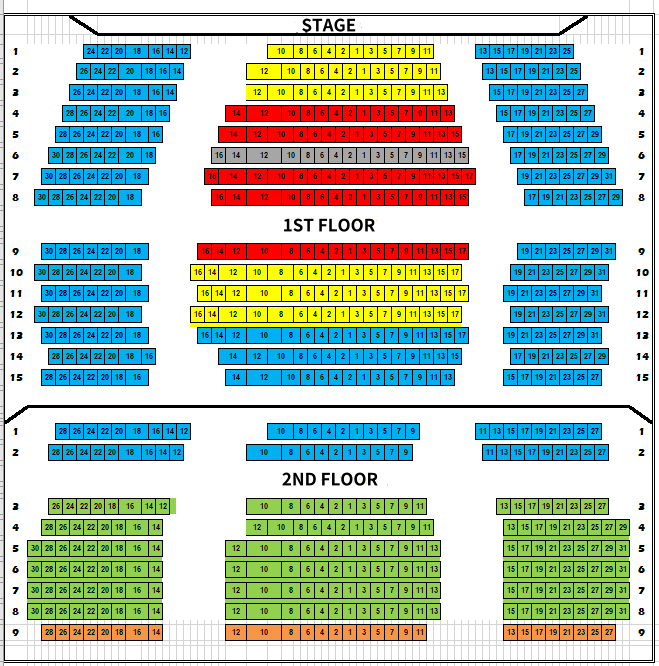

Follow our WeChat for event news, deals, gossip and more!
TNT Theatre Britain Hamlet

 Add us on WeChat to speak to our friendly customer service team! ID: Tickets247Tickets
Add us on WeChat to speak to our friendly customer service team! ID: Tickets247Tickets